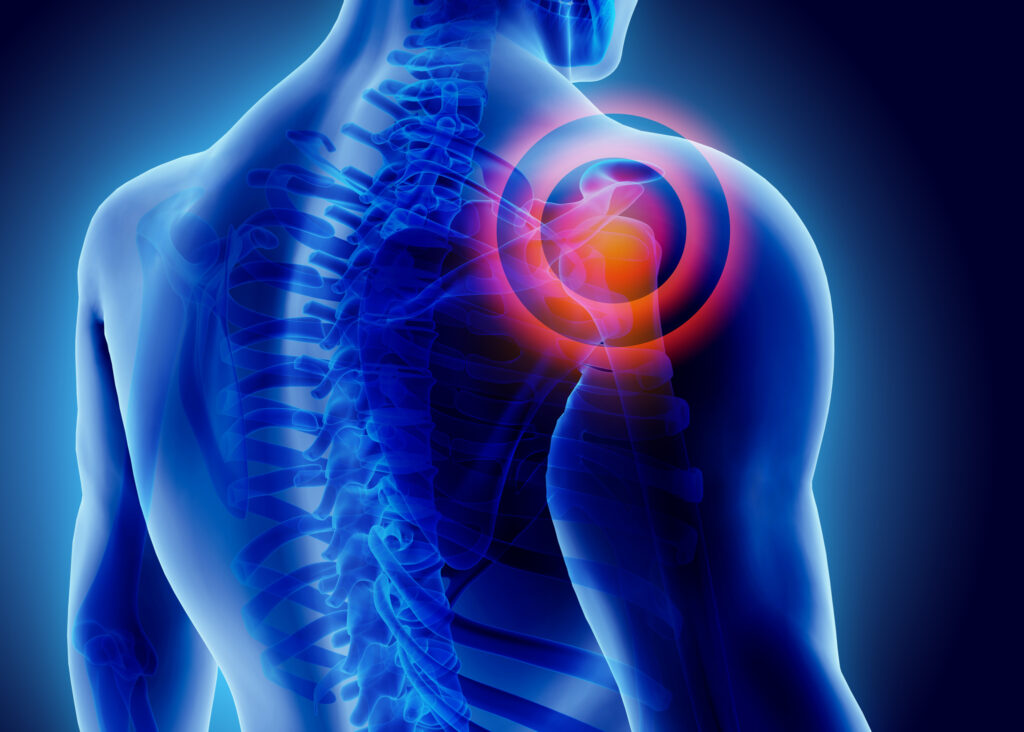Rotator cuff tears (RCT) are a prevalent musculoskeletal issue, particularly among the aging population. Research indicates that the prevalence of rotator cuff tears can range from 20% to 25% in the general population, varying based on factors such as age, occupation, and activity level. This condition significantly impacts patients’ quality of life, contributing to pain, diminished shoulder function, sleep disturbances, and overall discomfort. In many cases, primary tendon surgery becomes a necessary intervention to alleviate these issues.
A recent study aimed to explore an innovative treatment for rotator cuff lesions involving the implantation of micro-fragmented adipose tissue. This approach seeks to improve patients’ reported pain and functional outcomes compared to traditional surgical methods. The authors of this compelling research include Mariana Bichuette Cartuliares, Eva Kildall Hejbøl, Henrik Daa Schrøder, Andreas Kristian Pedersen, and Lars Henrik Frich, all of whom are affiliated with various departments within the University of Southern Denmark and Odense University Hospital.
The motivation behind this study stems from the need for effective treatments that can enhance recovery and improve the quality of life for patients suffering from rotator cuff tears. Traditional surgical options, while often necessary, do not always yield optimal results for every patient. The use of micro-fragmented adipose tissue represents a promising alternative that could potentially enhance healing and improve shoulder function.
Micro-fragmented adipose tissue is derived from the patient’s own fat, making it a less invasive option with the potential for fewer complications. This technique aims to harness the regenerative properties of adipose tissue, which contains a rich supply of stem cells and growth factors that may promote healing and tissue repair.
As the study progresses, it will be crucial to follow the outcomes and patient-reported experiences to determine the efficacy of this new treatment approach. The potential for improved pain management and functional recovery could represent a significant advancement in the treatment of rotator cuff tears.
In conclusion, the exploration of micro-fragmented adipose tissue as a treatment for rotator cuff lesions presents an exciting frontier in orthopedic medicine. As we await further results from this study, the contributions of researchers like Cartuliares, Hejbøl, Schrøder, Pedersen, and Frich shine a light on the ongoing quest for better patient care and innovative treatment solutions. This research not only highlights the challenges faced by patients with rotator cuff tears but also offers hope for more effective management strategies in the future.


